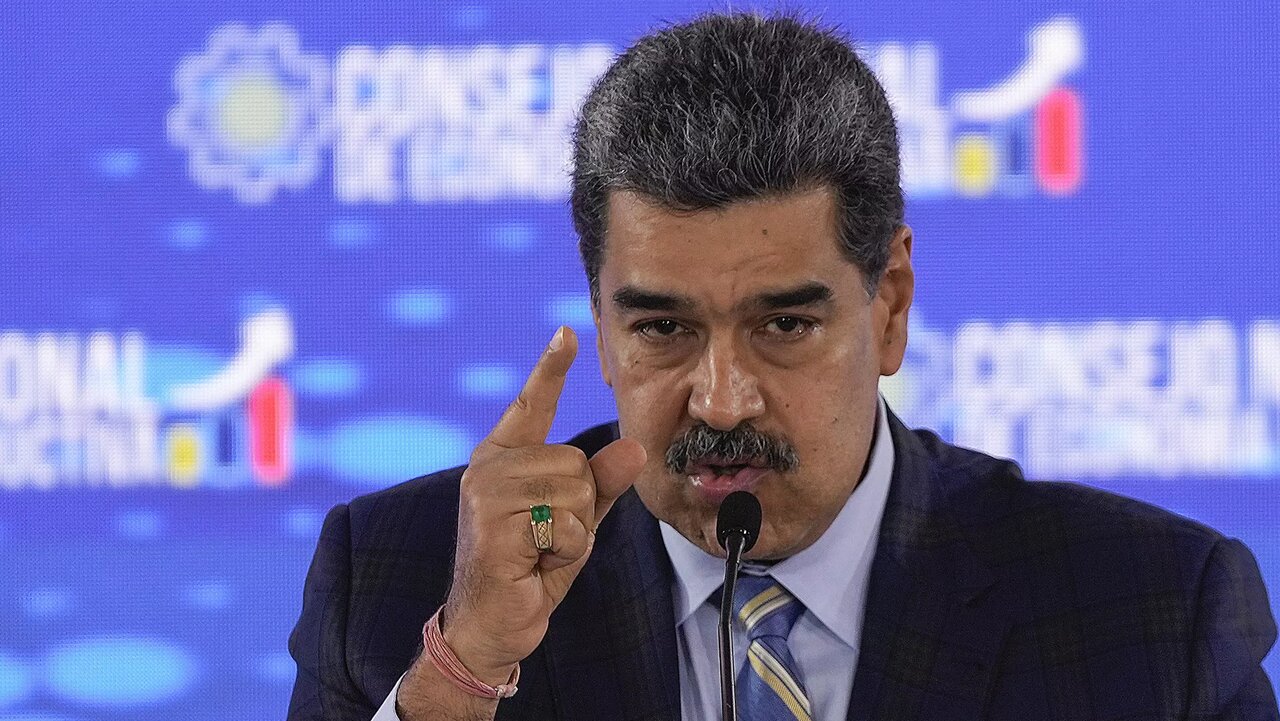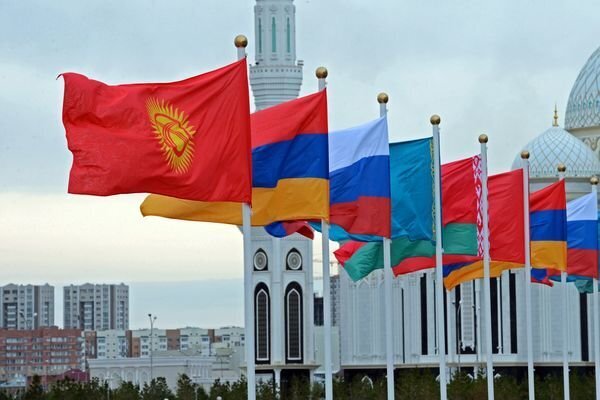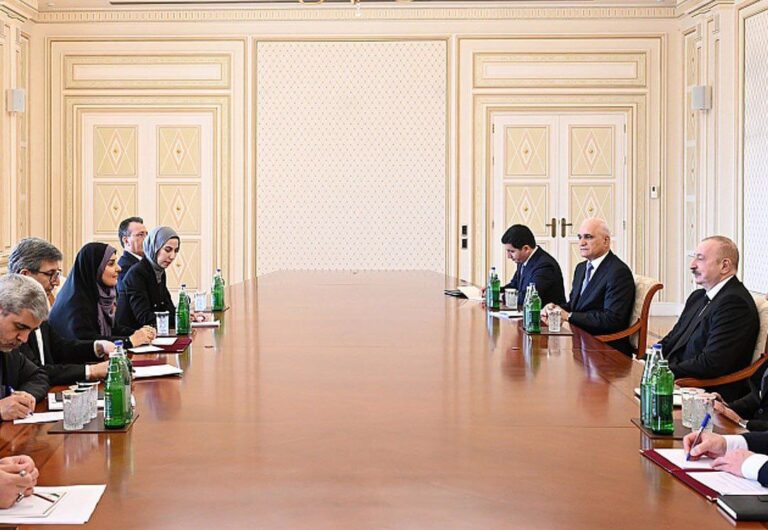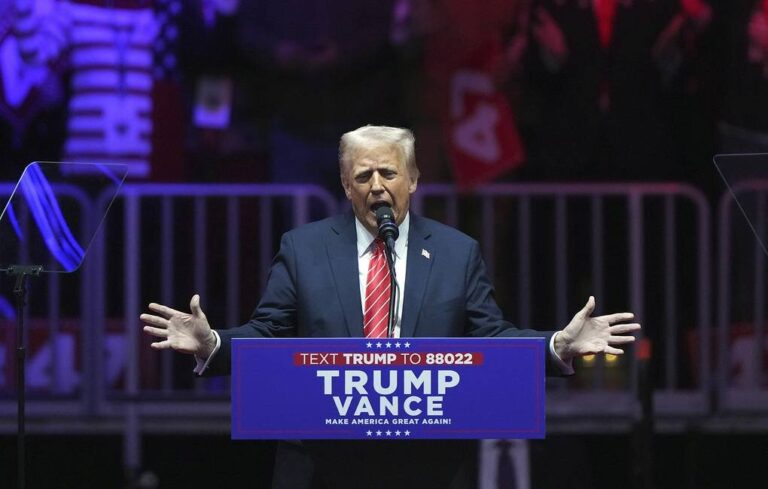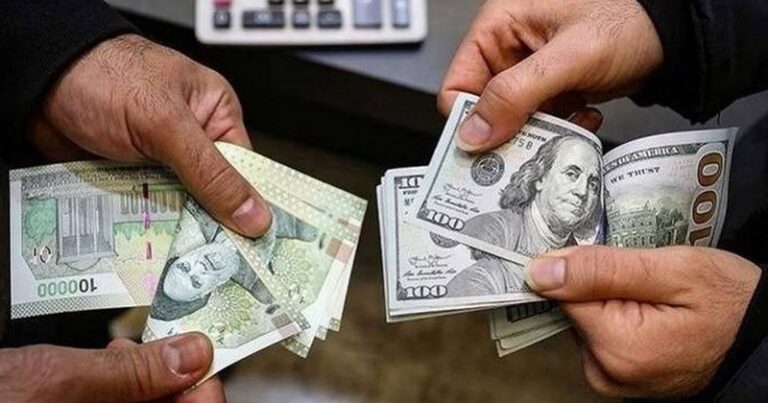Venezuela’s Strategic Moves to Thrive Amid Global Trade War Challenges
Venezuela’s President Nicolás Maduro recently addressed the ongoing challenges posed by economic sanctions, declaring the nation’s readiness to confront the economic war initiated by the United States. This declaration highlights the resilience of Venezuela in the face of adversity and underscores the ongoing geopolitical tensions that affect the region.
In a statement to Venezolana de Televisión, Maduro expressed his determination to navigate through the economic hardships imposed by U.S. policies. He emphasized that President Trump’s actions, including new tariffs and sanctions, could potentially “deprive humanity and Venezuela of the right to the future.” His remarks reflect a broader sentiment within Venezuela regarding external pressures and their impact on the nation’s sovereignty.
Maduro stressed that Venezuela has proactively prepared for what he termed a “global trade and economic war.” He outlined several key strategies that the country has developed to mitigate the effects of these sanctions:
- Preparation for Economic Warfare: Venezuela has crafted detailed plans to deal with various economic scenarios.
- Commitment to Sovereignty: Maduro reiterated that Venezuela is a “free, sovereign and independent country,” emphasizing the importance of self-determination.
- Response to Sanctions: The Venezuelan government is focused on implementing measures to counteract the economic impact of U.S. sanctions.
On April 2, President Trump announced significant new tariffs on imports from 185 countries and territories. These tariffs, which include:
- Universal Tariffs: A 10% tariff set to take effect on April 5.
- Individual Tariffs: Specific tariffs scheduled for April 9.
- Vehicle Tariffs: A 25% tariff on all imported vehicles starting April 3.
In conjunction with these tariff announcements, Trump also declared a state of emergency due to the deteriorating economic situation in the United States. This move highlights the complexities and interconnectedness of global economies, especially in the context of trade relations.
Since 2015, the U.S. and its allies have imposed over 930 unilateral sanctions against Venezuela, with the most damaging measures occurring during Trump’s first presidency. Notably, the sanctions imposed in 2019 targeted the state oil and gas company, Petroleos de Venezuela (PDVSA), crippling an essential sector of the Venezuelan economy.
In February of this year, Trump further escalated the sanctions by canceling exceptions that previously allowed certain American and foreign oil companies to operate in Venezuela. Additionally, in April, import duties of 25% were introduced against nations that purchase oil or gas from Venezuela, further tightening the economic noose around the country.
Overall, the situation in Venezuela remains critical, with ongoing economic challenges exacerbated by international sanctions. The Venezuelan government continues to assert its sovereignty and independence, seeking ways to sustain its economy despite external pressures. As Maduro stated, the nation is equipped and ready to face whatever challenges lie ahead in this economic war.
Venezuela’s future remains uncertain, but the government’s commitment to overcoming these obstacles is clear. The international community will continue to watch how this situation unfolds, as it has significant implications not only for Venezuela but for global economic relations as a whole.
As the geopolitical landscape evolves, Venezuela’s resilience and strategic planning will be vital in navigating the turbulent waters of international trade and diplomacy.
In conclusion, the developments surrounding Venezuela and U.S. sanctions serve as a reminder of the intricate dynamics of global economics and the enduring spirit of nations facing adversity.
